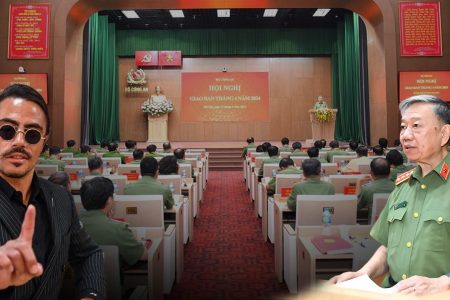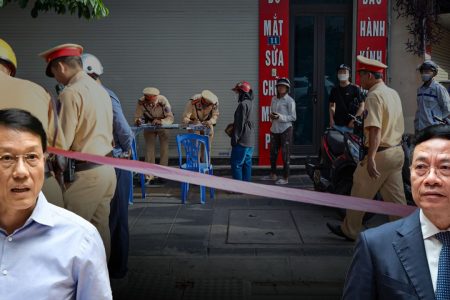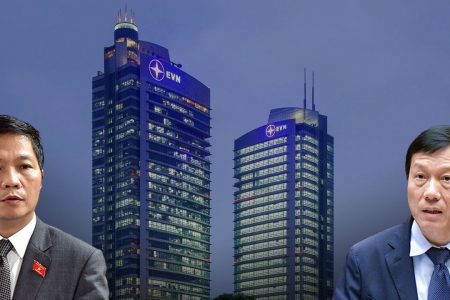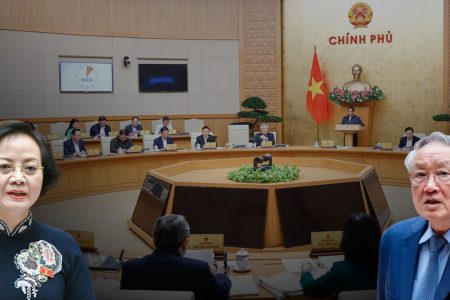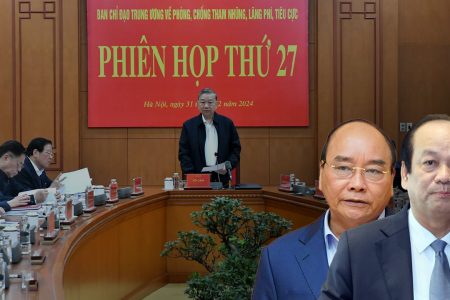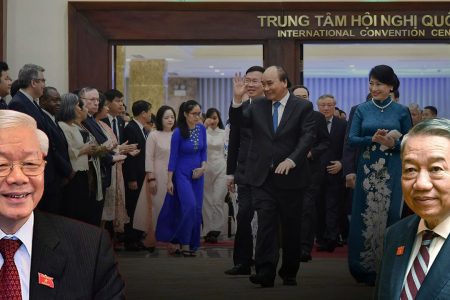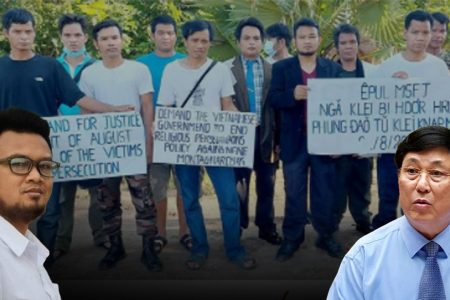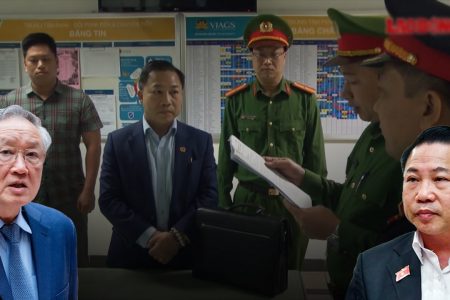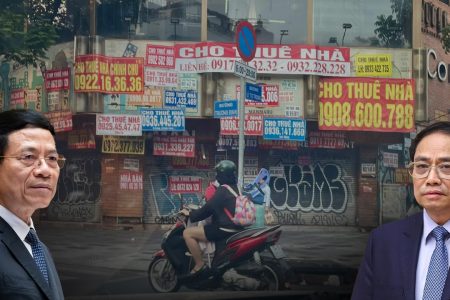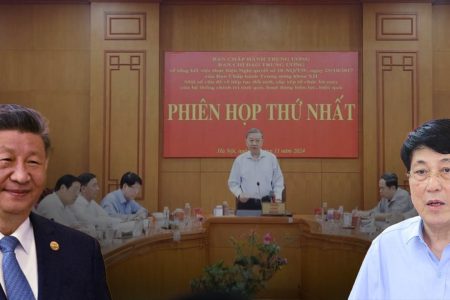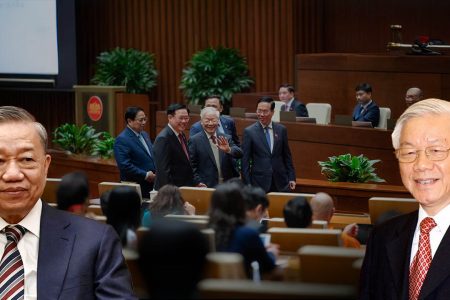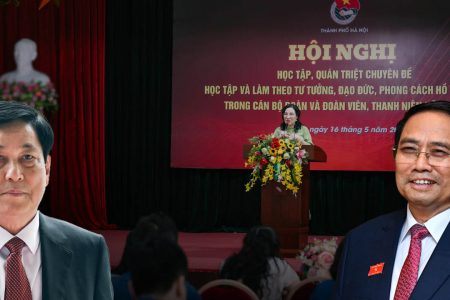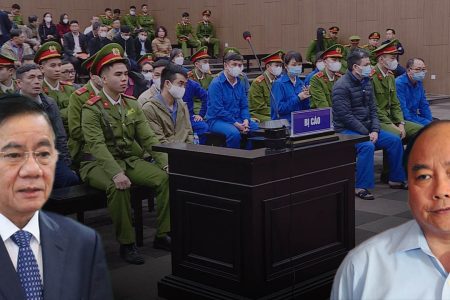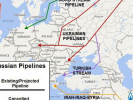
Construction Minister Nguyen Thanh Nghi’s project of one million low-cost houses for low-income people can be called a “super project.” In fact, if this project is in the hands of a policymaker in a democratic country, it is not difficult, but in Vietnam it can be called a “super project”, because it is beyond the reach of the Communist government apparatus which is capable to turn every good policy into a disaster.
Recently, Batdongsan.com.vn website conducted a survey on housing prices, found that the average selling price of all types of houses in Hanoi is currently VND22.8 billion/apartment with street houses; VND17.8 billion/apartment with villas; VND6.3 billion/apartment with private house; and VND3.1 billion/unit for apartments. This page calculates, with the current estimated income, and if you save all your income to buy a house, people in Hanoi and Ho Chi Minh City need 169 years to buy a house on the street, more than 20 years to buy an apartment.
The problem is that the Communist Party’s socio-economic management is too weak, allowing the phenomenon of land prices to be inflated to sky-high prices, far beyond the reach of middle-income people. What about low-income people? Currently, the type of house under VND2 billion/ unit does not exist while the house is called for low-income people, must be less than VND1 billion/ unit.
Thus, the project to build social housing is likely to be impossible, because the real estate giants don’t want to sacrifice their profits to try to make such houses.
Social housing is considered a type of housing that the state subsidizes for the poor. However, anything related to price subsidies will be corrupted in Vietnam. Those incentives will be withheld by government dignitaries, not given to the real poor, but given to government officials’ relatives, who have a surplus of assets, but still want to take the shares of the poor ones.

The nature of this regime is greedy, where local officials only have access to small benefits, they take them; at central level where state officials have access to great benefits, they also take them. This is not really a disease, but a self-sustaining mechanism for the Party. Because with the starving salary, without profiteering, no one will be loyal to the Party and the state.
The project of 1 million social houses initiated by Minister Nguyen Thanh Nghi is currently being promoted. To get businesses to participate, Nghi has met with representatives of VinGroup, Novaland, Sun Group etc… But now, these businesses can’t survive on their own, how can they support the Government to develop the project? In addition, to have capital for the poor to buy houses, Prime Minister Pham Minh Chinh plans to provide a supporting package of VND120 trillion. However, that is only a plan on paper, not yet implemented.
It can be said that Mr. Nguyen Thanh Nghi’s project of 1 million social houses has so far not been visualized, but below the social infrastructure, there has been a phenomenon of buying and selling social houses. According to Vnexpress newspaper, in order to be qualified to buy a social house, people now have to spend hundreds of millions of dong. There is no information about the project while social house prices are still “out of reach.” There are only 2% of people needing houses are permitted to get loans to buy social houses.
Just having to spend hundreds of millions of dong to buy a preferential house, how do the poor have their opportunity? Each month, the poor earn less than VND10 million dong and they find difficult to save VND2 million. It takes poor people ten years to get the money to buy a reservation, so can the poor get in or not?
Minister Nghi’s idea is right, if he can do it and deliver the houses into the hands of the poor. On the other hand, if the project is unreachable for the poor, the policy is considered a failure from the very beginning.
Thoibao.de (Translated)




